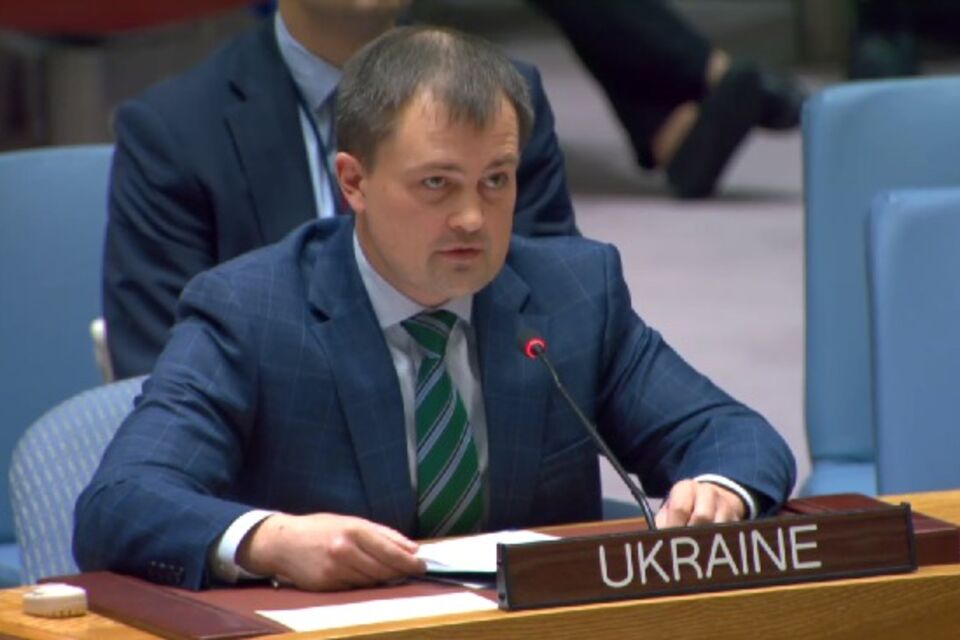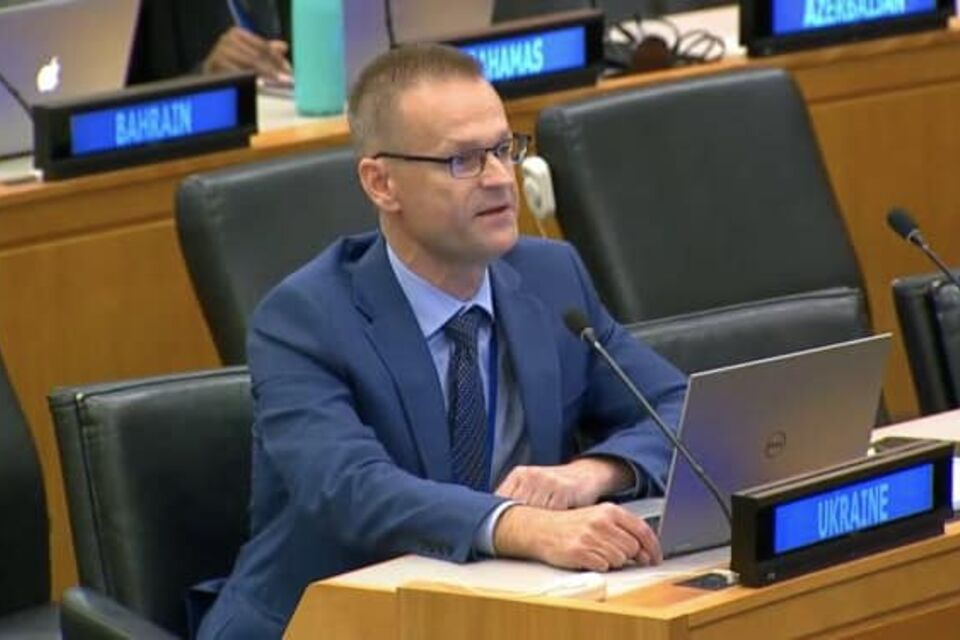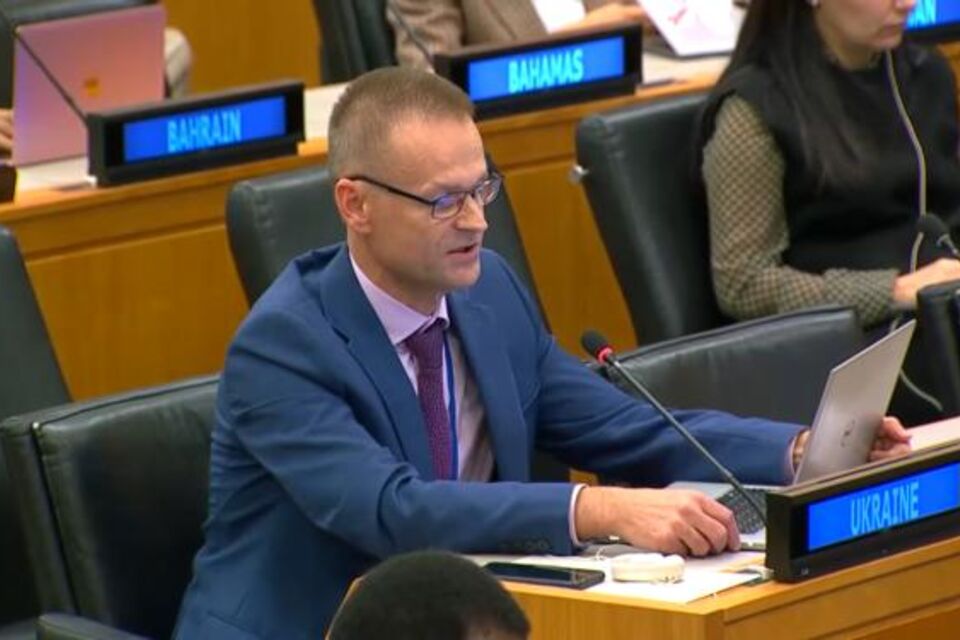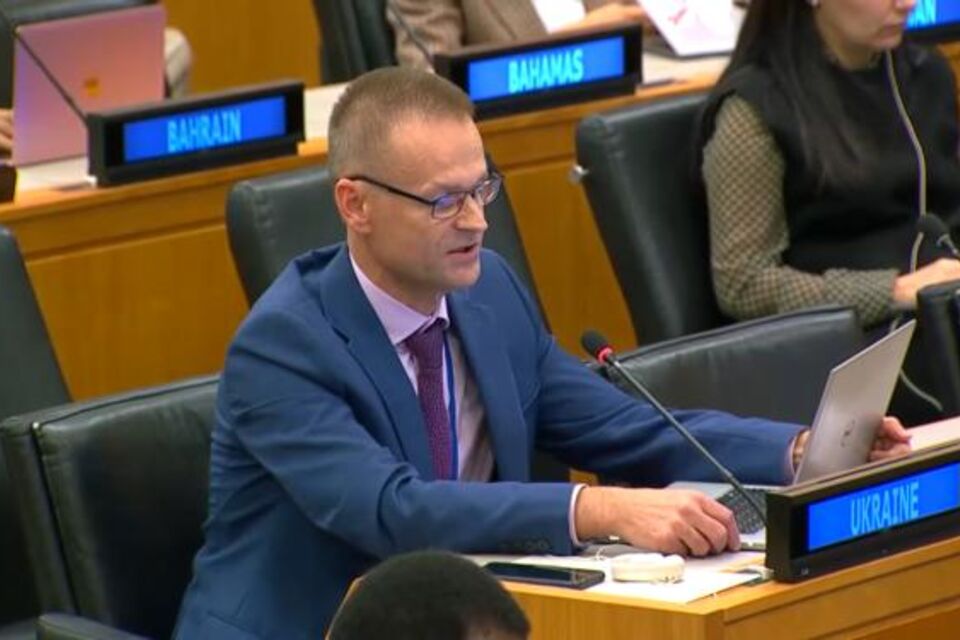Statement by the delegation of Ukraine during 78th UNGA Third Committee general discussion under agenda item 69 “Rights of indigenous peoples”
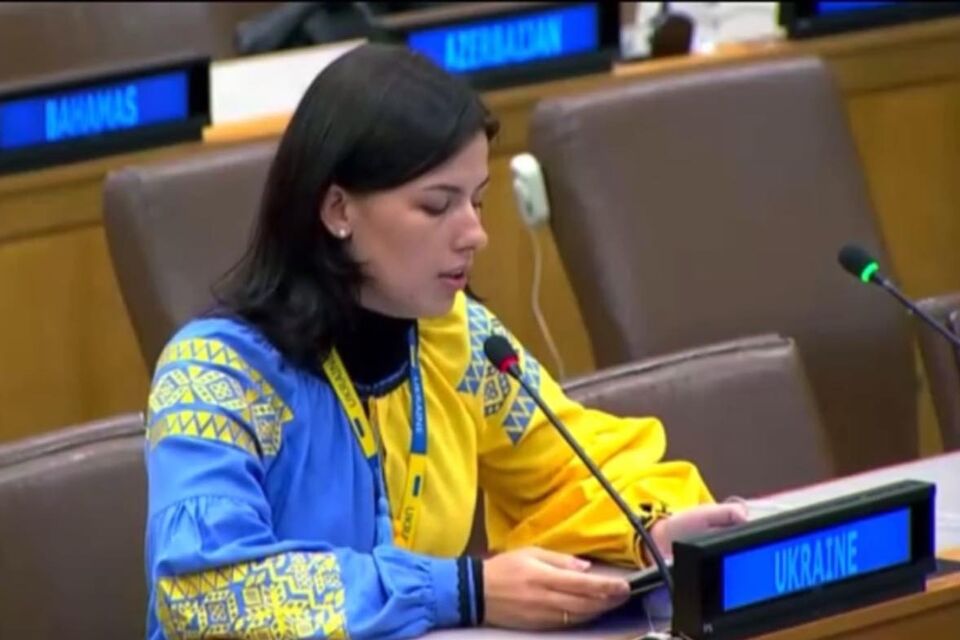
Mr. Chair,
The Delegation of Ukraine aligns itself with the Statement made by the European Union in the course of the present debate. Now, we take the floor in our national capacity. Indigenous Peoples encompass a rich tapestry of cultures, traditions, and languages with a history spanning thousands of years. They serve as the original caretakers of their lands, often coexisting harmoniously with nature and offering valuable insights into environmental sustainability.
However, they also bear a disproportionate burden, facing severe consequences from activities such as logging, environmental deterioration, the adverse effects of climate change, and illegal mining In July 2021, Ukraine adopted the law on Indigenous peoples, according to which ethnic groups recognized as Indigenous people must be granted such rights as education in their native language, protection of their historical heritage, creation of ethnic mass media, and establishment of self-governing bodies to represent their interests. And we have been strictly following that law since its adoption.
Yet, the life of Ukrainian indigenous peoples has changed drastically since the Russian illegal occupation of Crimea in 2014. Imagine being in constant fear and suspicion every day for almost 10 years, taking every possible measure to ensure safety, hiding anything that makes you part of your people. Being Crimean Tatar, Krymchak, or Karaite in Crimea now equals being persecuted, falsely accused by a Russian court, and sentenced to imprisonment.
Representatives of indigenous peoples are being investigated and prosecuted as "extremists" and "terrorists." Russia does everything to erase indigenous people in Crimea if they don't want to be "obedient." People living in occupied territories suffer from the Russian regime and never feel safe. Those who succeeded in getting to regions under Ukrainian control are still in danger due to the constant shelling of cities in Ukraine. For example, just last week, Russia destroyed almost 20% of the population of Groza, a village in the Kharkivska region, by shooting a missile in the local cafe.
After Russia's attempted illegal annexation of Crimea in 2014 and its full-scale invasion of Ukraine in February 2022, Crimea has become a vast prison, concealing Russian wrongdoing. Since the beginning of the occupation, over 18,000 people have been forcibly mobilized by Russian armed forces to fight against their own country – Ukraine. Among them – are thousands of representatives of the indigenous peoples of Crimea. Numerous Ukrainian citizens have been imprisoned in Crimea for political and religious reasons.
One such case is Nariman Dzhelyal, the First Deputy Chairman of the Mejlis of the Crimean Tatar People, who Russia imprisoned for 17 years due to his participation in the Inaugural summit of the International Crimea Platform.
Another tragic example is the detention of 25-year-old Crimean Tatar woman Leniie Umerova, arrested by Russia in December of the previous year while trying to visit her ailing father in Crimea. She is currently held in the Lefortovo pre-trial detention center on charges of high treason solely because she refused to obtain a Russian passport.
We show our deepest respect for the Crimean Tatars, who have endured oppression from the Russian Empire, the USSR, and modern-day Russia for centuries.
We know for sure - the day will come when all Ukrainian indigenous people are free.
The day - we win the war—the day when Russia withdraws its troops from Ukrainian territory and loses.
Thank you.

